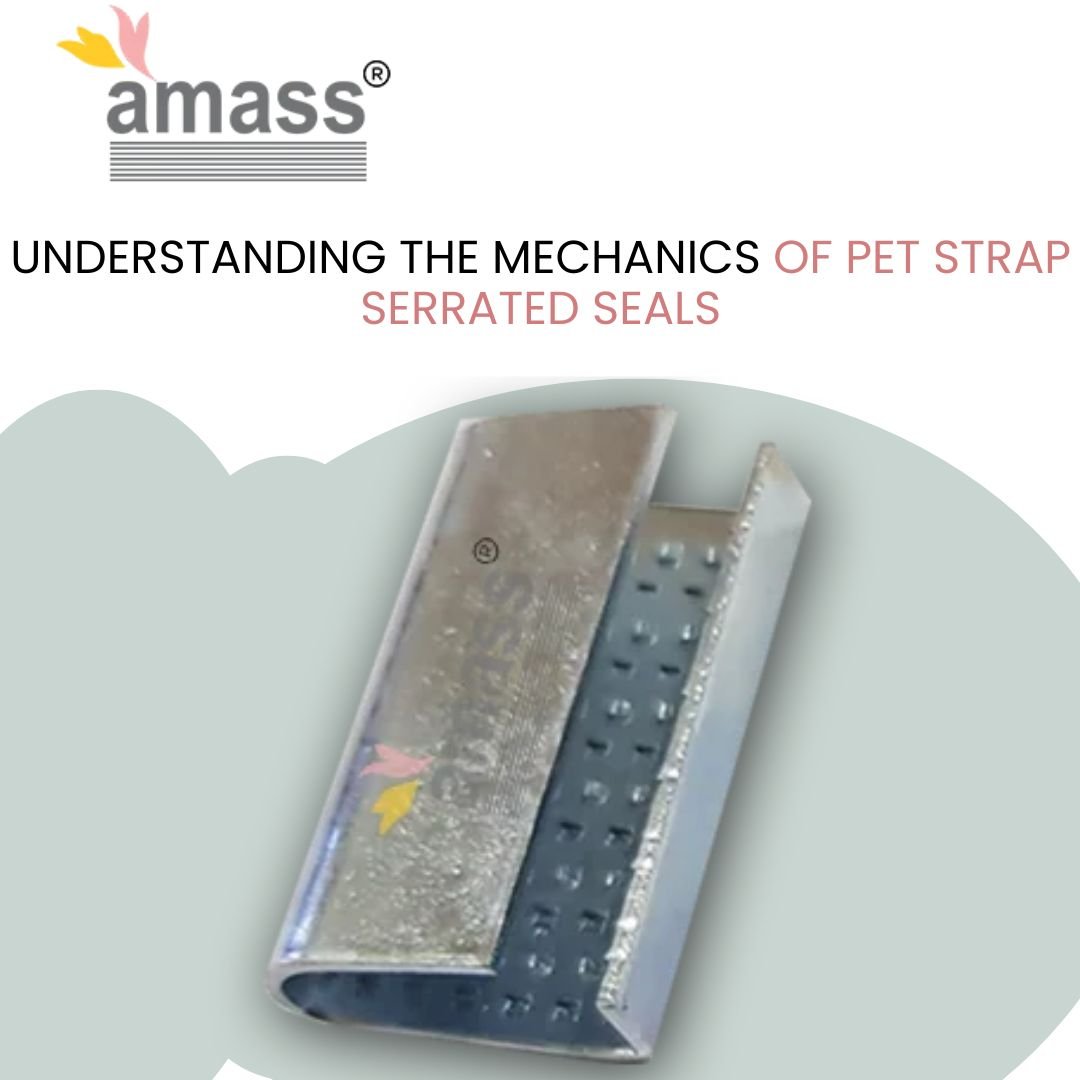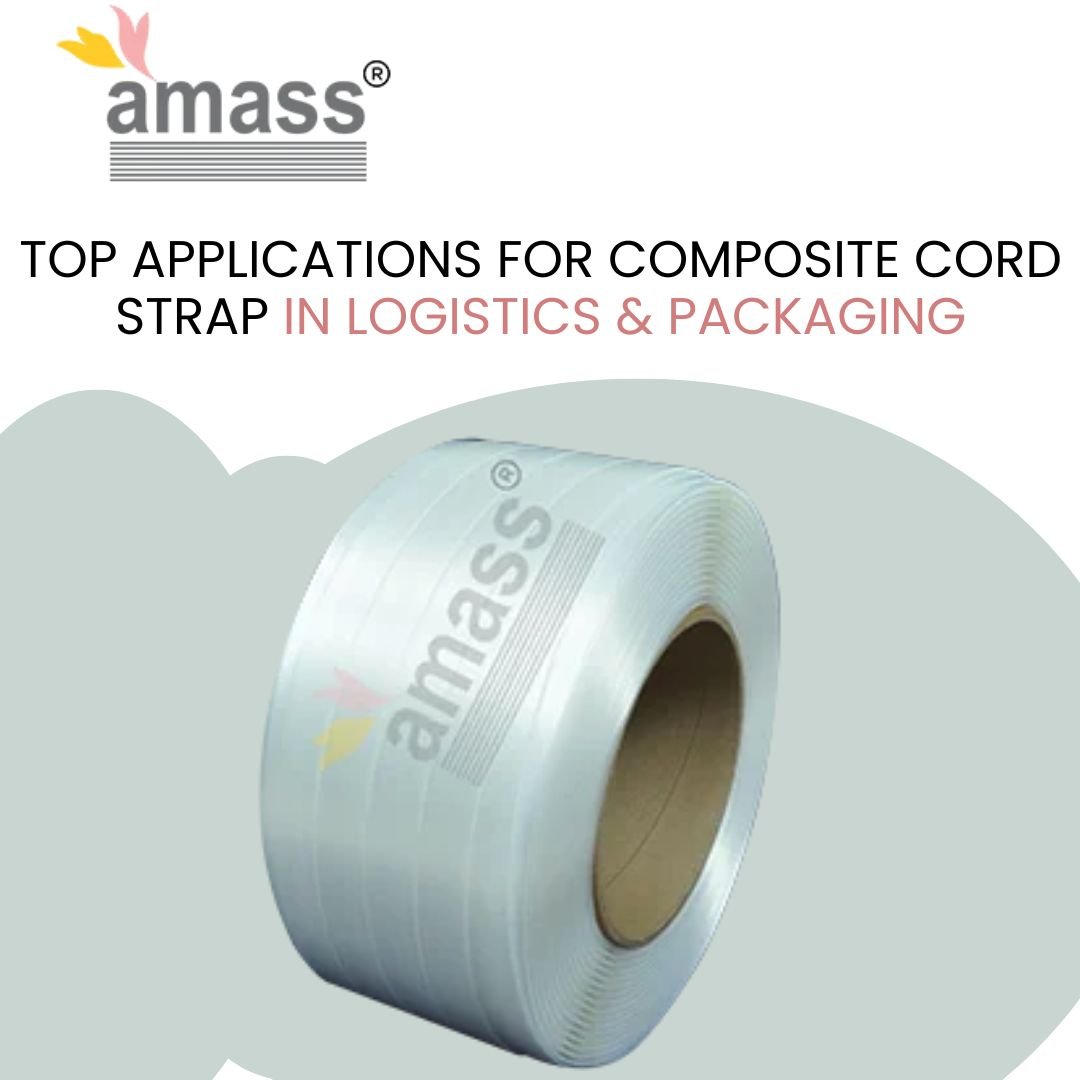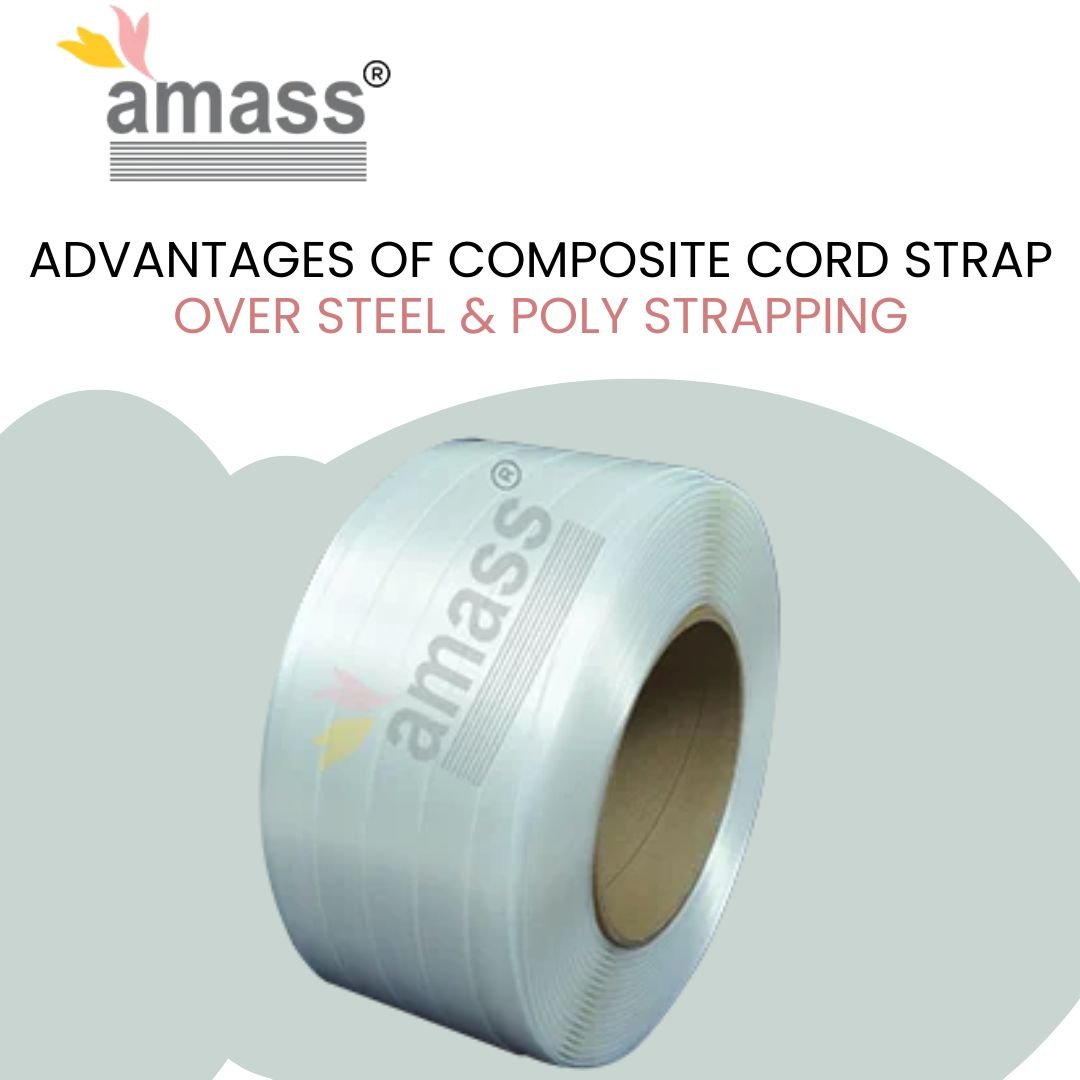Leading PP Strap Roll Manufacturer in India | Automated Packaging

Mumbai’s Leading Polyester PET Strapping Roll Manufacturer & Supplier
July 23, 2025
5 Key Reasons Packaging is Essential for Products
July 25, 2025Here’s what nobody tells you about India’s packaging boom: the market, worth USD 20.41 billion in 2025, is growing at 11.46% CAGR, but the real disruption isn’t happening in boardrooms—it’s happening on factory floors where polypropylene strapping technology is quietly revolutionizing how products move from production to consumer.
While everyone obsesses over smart packaging and sustainable materials, the unsexy truth is that plastic packaging is expanding rapidly at 20-25% per annum, and PP strapping sits at the epicenter of this transformation. The companies that understand this aren’t just riding the wave—they’re creating it.
The Automation Paradox That’s Reshaping Manufacturing
Traditional packaging wisdom says automation equals higher costs. The reality? Manual strapping operations lose 15-20% efficiency due to inconsistent tension, material waste, and labor bottlenecks. Smart manufacturers have flipped the script entirely.
Modern PP strap roll systems integrate seamlessly with fully automated packaging lines, delivering precision that human operators can’t match. Fully automatic box-strapping machines use polypropylene straps, ensuring secure and reliable packaging while eliminating the variability that kills productivity.
But here’s where it gets interesting: the best manufacturers aren’t just selling straps—they’re engineering complete automated ecosystems. They understand that PP strapping isn’t a commodity; it’s a critical component in a precision system where millimeters matter and consistency determines profitability.
The Technical Edge That Separates Leaders from Followers
Material Science Meets Manufacturing Excellence
Premium PP strap manufacturers have cracked the code on molecular orientation. The difference between mediocre and exceptional strapping lies in the production process: superior manufacturers achieve optimal polymer chain alignment through controlled cooling and precise tension management during extrusion.
This isn’t academic theory—it translates to measurable performance. High-grade PP straps deliver:
- Tensile strength that maintains load integrity under temperature fluctuations
- Elongation properties that absorb shock without snapping
- Dimensional stability that prevents package deformation during transport
The Automation Integration Advantage
Leading manufacturers design their PP strap rolls specifically for automated systems. This means consistent winding tension, precise core dimensions, and material properties that prevent jamming in high-speed strapping machines.
The result? Production lines that run at capacity without interruption. While competitors deal with changeover delays and material inconsistencies, advanced manufacturers keep their customers’ operations humming at optimal efficiency.
Why Smart Buyers Choose Specialized Manufacturers Over Generic Suppliers
The market is flooded with generic PP strapping. The problem isn’t quality—it’s optimization. Generic suppliers treat strapping as a one-size-fits-all commodity. Specialized manufacturers understand that packaging requirements vary dramatically across industries.
E-commerce fulfillment demands different properties than heavy industrial applications. Food packaging requires different specifications than export shipping. Leading manufacturers don’t just produce straps—they engineer solutions for specific use cases.
The Cost-Performance Matrix
Here’s where most purchasing decisions go wrong: focusing on unit cost instead of total system cost. Premium PP strapping delivers measurable ROI through:
- Reduced downtime from fewer material failures
- Lower labor costs through automation compatibility
- Decreased damage claims from superior load retention
- Streamlined inventory through consistent quality
The Technology Stack That’s Changing Everything
Modern PP strap manufacturing integrates several advanced technologies that create competitive moats:
Precision Extrusion Control: Computer-controlled temperature profiles ensure molecular uniformity across the entire strap width and length.
Real-Time Quality Monitoring: Inline testing systems catch variations before they become problems, maintaining consistent performance characteristics.
Custom Formulation Capabilities: Leading manufacturers adjust polymer blends based on specific application requirements rather than relying on standard formulations.
Integration Engineering: The best suppliers work directly with packaging equipment manufacturers to optimize strap properties for specific automation systems.
The Market Reality That’s Reshaping Industry Dynamics
India’s flexible packaging market is surging by Rs. 1,35,642 crore over five years at 12.7% CAGR, driven by FMCG demand. But smart money isn’t just following growth—it’s investing in the infrastructure that enables that growth.
PP strapping might seem like a supporting player, but it’s actually the foundation. Every automated packaging line, every e-commerce fulfillment center, every export operation depends on reliable strapping technology. The manufacturers who understand this positioning aren’t just suppliers—they’re strategic partners.
The Strategic Advantage of Working with Category Leaders
When packaging operations scale, the hidden costs of mediocre materials become expensive problems. Leading PP strap manufacturers offer something generic suppliers can’t: systematic optimization.
This means technical support that goes beyond troubleshooting to include process improvement, material specifications tailored to specific applications, and supply chain reliability that supports just-in-time operations.
The bottom line: In a market where everyone talks about innovation, the real competitive advantage comes from mastering the fundamentals at scale. PP strapping technology might not be flashy, but it’s the invisible force that makes modern automated packaging possible.
The companies that recognize this reality—and partner with manufacturers who share that vision—are the ones positioning themselves for sustainable success in India’s rapidly evolving packaging landscape.




